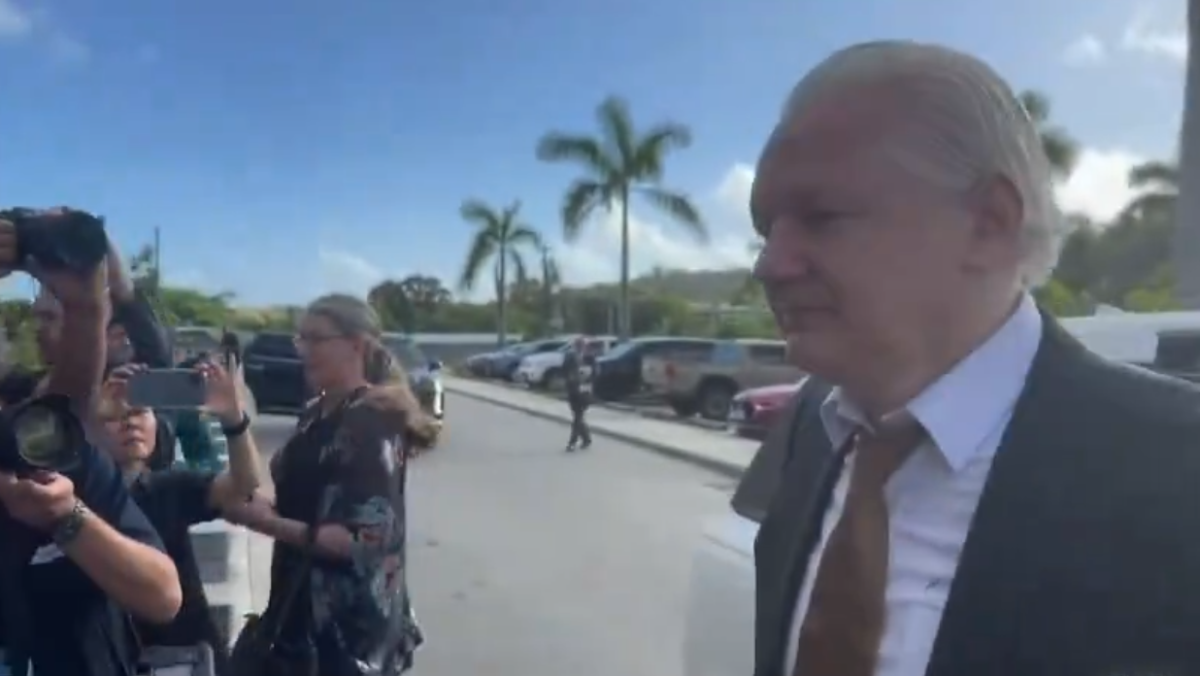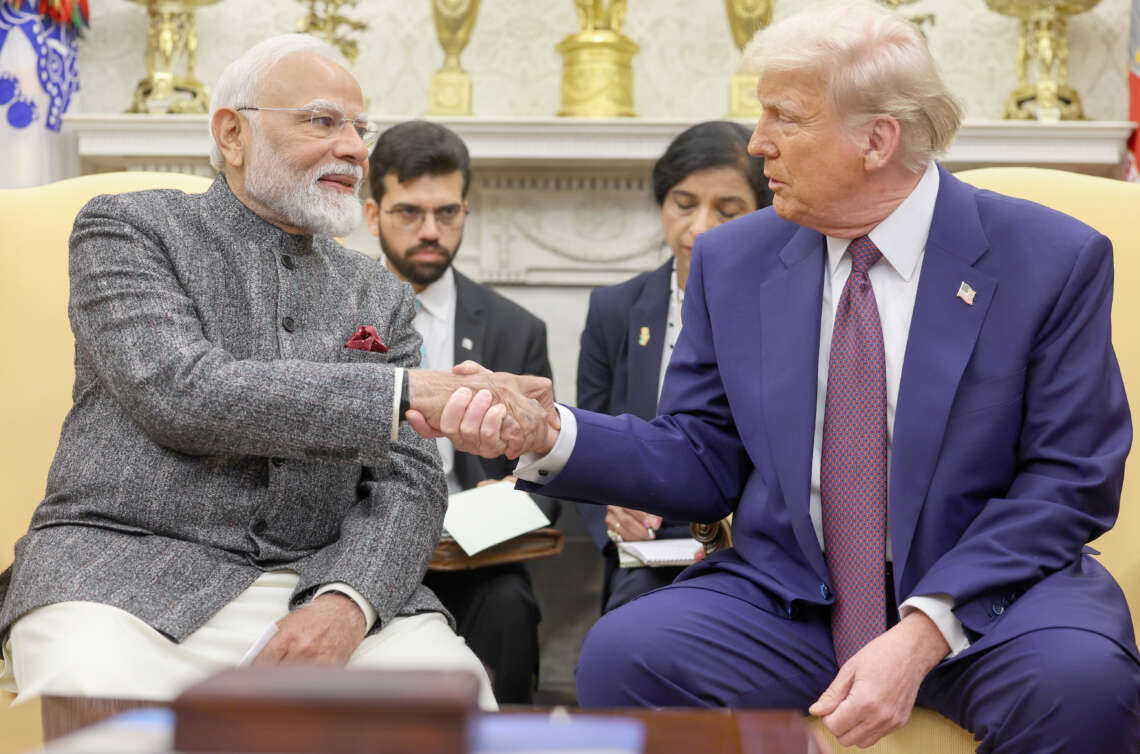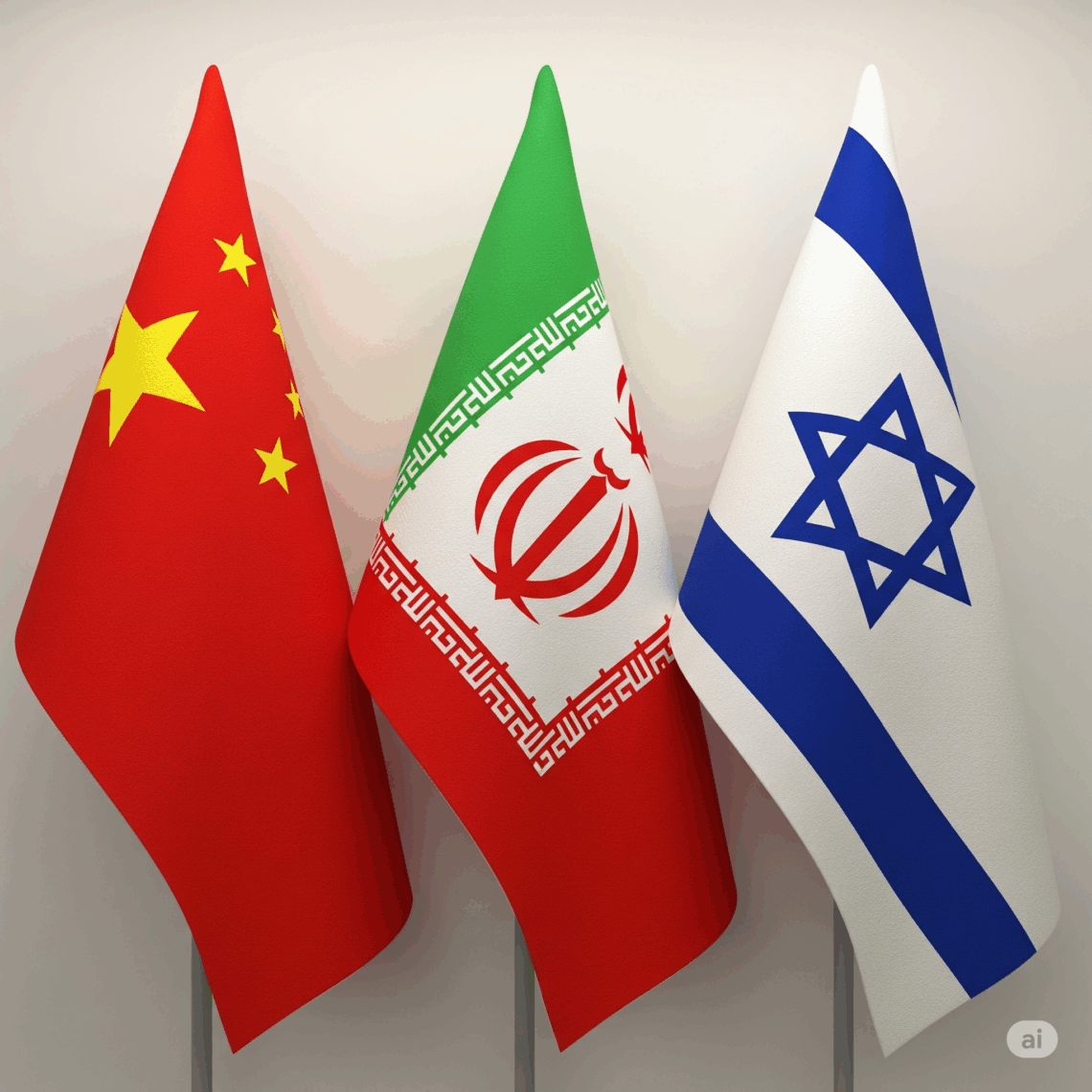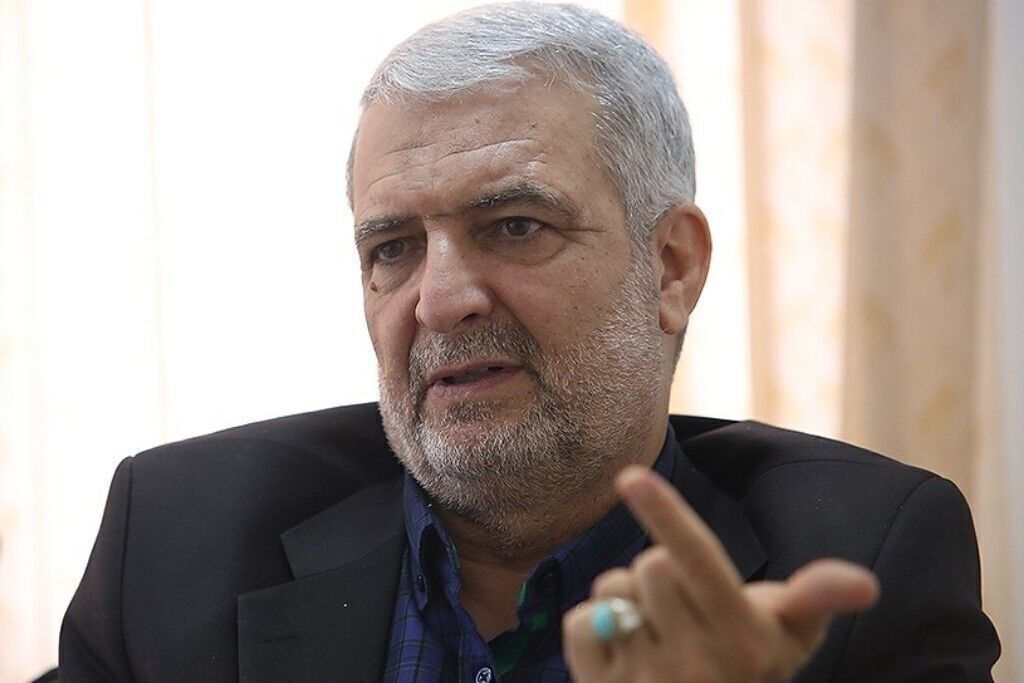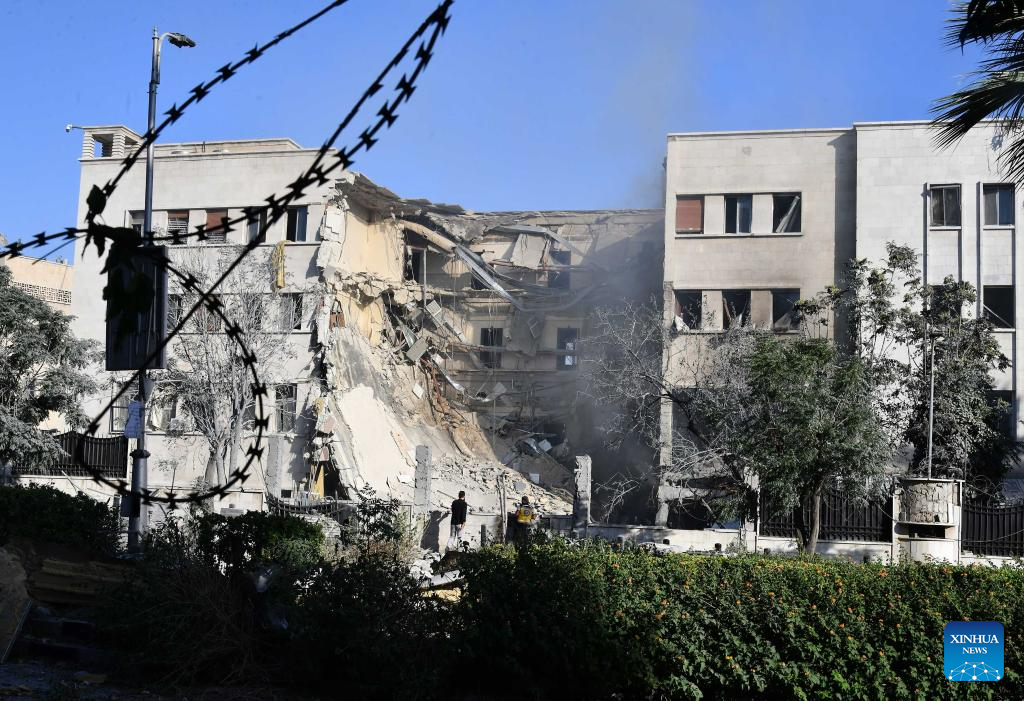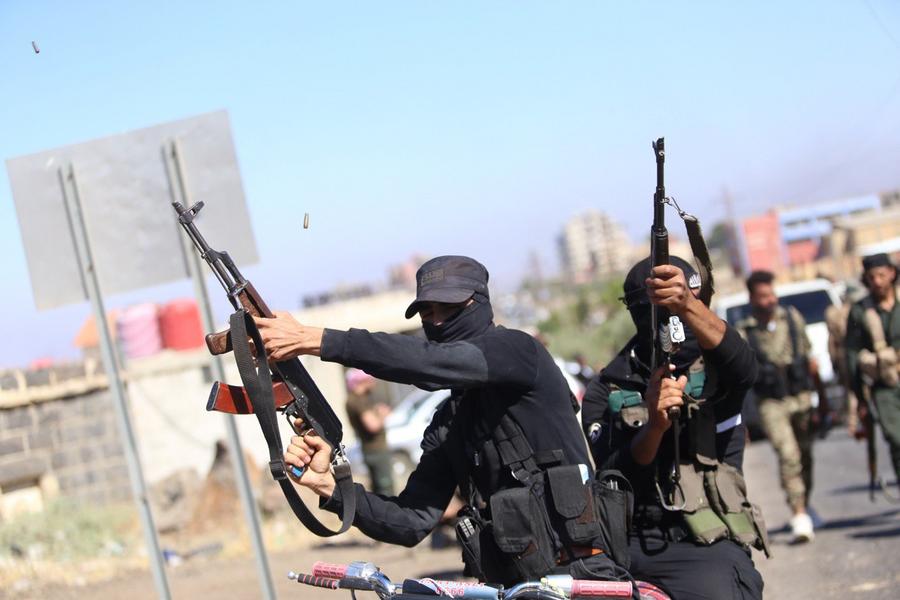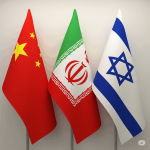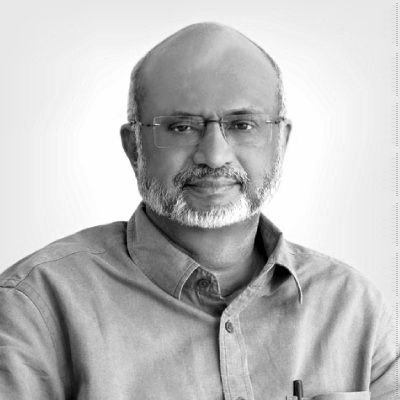
Assange was not a spy, but a journalist. He was not a US citizen but an Australian, writes Prof. Madhav Das Nalapat
—
Julian Assange is back in his home country, Australia, after serving what in effect was a 14-year sentence of imprisonment. Even within the Ecuadorian embassy in London, the founder of WikiLeaks was effectively a prisoner, unable to move a step beyond the walls of the embassy without being arrested. A change in the Ecuadorian leadership saw what must have been a welcome development to staff at the embassy, which was the request from Quito to Assange that was made in 2019 after his 7-year stay to move out of its premises.
He complied, and was put into a police vehicle that saw the start of an equal length of time in the maximum security wing of the Belmarsh prison, which is located in the capital of the UK. As happens in news cycles, after a while the tabloids and subsequently the rest of the media moved on to other subjects. In 2022, Stella Devant and Julian Assange, who had met in the prison where he was being kept, knew they were in love
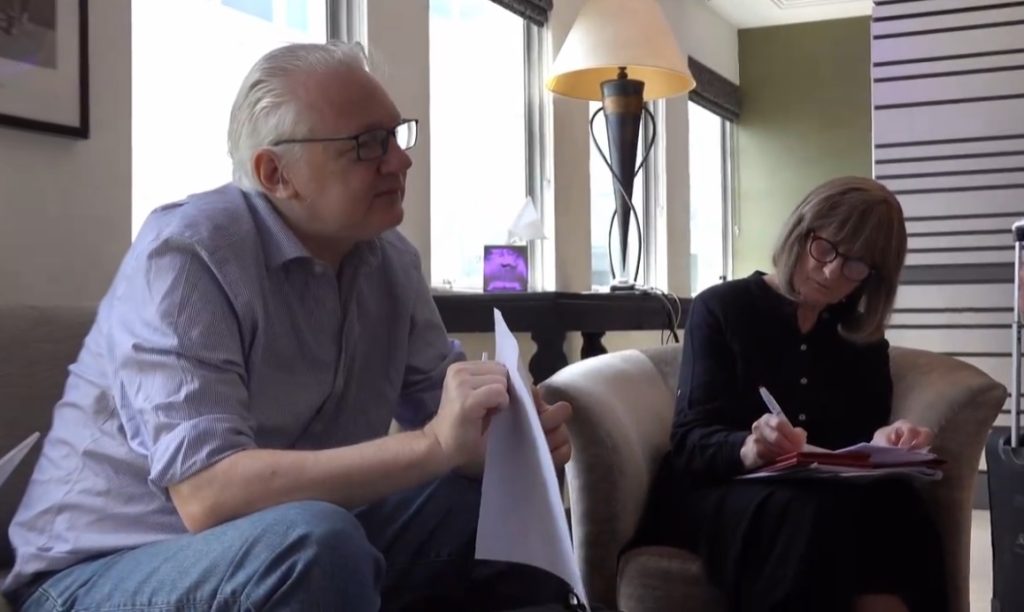
with each other, and got married. A lawyer with a penchant for taking up cases involving human rights, Stella devoted much of her attention to what appeared to be an impossible task, securing the release of her husband. She made herself available for comment to whoever in the media or in the rest of civil society continued to take an interest in the fate of the jailed WikiLeaks founder.
Across the world, individuals unhappy at the way in which the incarceration of Assange took place continued pointing to the implications to human rights and press freedom of the Assange incarceration. Over the years, their number fell, but none of this daunted Stella Assange, who continued her quest for justice to her husband. Given her background, Stella would have taken up for campaigning the Assange case anyway, but her efforts got supercharged after meeting Julian and later marrying the editor who had revealed on WikiLeaks the entirety of the information given to him by Bradley (now Chelsea) Manning.
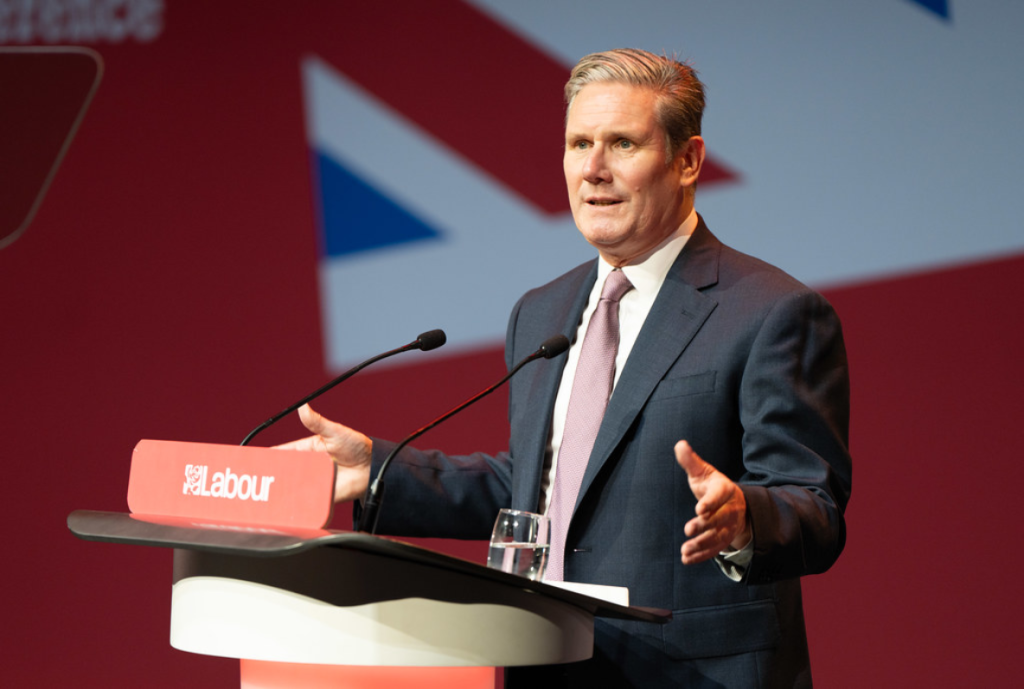
The low level member of the military had been given access to classified, highly sensitive, information. Given the oath of secrecy that Chelsea Manning as a soldier was expected to obey, it was no surprise when she was imprisoned in 2010. The reason was her transfer through encrypted online channels of as many as 750,000 classified documents relating to US military activities in Iraq and Afghanistan. In the melee that had become commonplace in both countries after the US military interventions there in 2003 and 2001 respectively, some of the actions taken by the soldiers resulted in the deaths of innocent civilians.
As a consequence of such combat errors, rising local hostility to US soldiers on the part of local inhabitants resulted in a boost to insurgencies taking place there. It is unclear whether Manning was ever on field duty facing the risk of hostile fire, for her work in 2010 consisted of sifting through intelligence data for onward transmission. Close to 750,000 bytes of sensitive information were passed on by her in 2010 to WikiLeaks, which carried them without any redactions for almost a year.
Inputs such as the sources from whom information was collected ought to have been redacted or removed by WikiLeaks from the published content, for the exposure of such sources may have resulted in the deaths of many of them at the hands of those they had informed on, groups such as members of the Taliban or those Iraqi insurgent groups fighting the US military. Emotional at finding out by so many innocent civilian deaths caused by the military, Chelsea Manning had passed on the complete information available to her. She confided in a friend as to what she had done, and he, as he was legally bound to do, informed on her to higher authorities.

Manning was jailed shortly thereafter. In 2013, she changed her sexual identity from male to female while in prison, and in 2017, was pardoned by President Barack Obama. It needs to be mentioned that by carelessly leaving behind in Kabul details of the sources of information to the US, several were later put to death after the Taliban retook the country in 2021. No one in the US has yet gone to jail for a lapse that resulted in so many Afghans who had cooperated with the US being killed or imprisoned.
Where Julian Assange is concerned, it was probably two politicians, Prime Minister Anthony Albanese of Australia and the likely next Prime Minister of the UK, Keir Starmer, who were almost as responsible as the international backers of freedom for Assange led by his wife who prompted the US Justice Department to arrange a plea deal for Assange, which he accepted. Albanese publicly pressed the US for the release of Assange, while the worry in the US was that once he became Prime Minister of the UK, as seems almost certain, Keir Starmer would not agree to extradite Assange to the US.
Under the terms of the deal, Assange entered a “Guilty” plea on a single charge out of the many that were brought under him by the Espionage Act. Assange was not a spy, but a journalist carrying reports based on information given to him by a US soldier. He was not a US citizen but an Australian.
As US Presidential contender RFK Jr said soon after Assange was freed, his case has set a precedent enabling the US government to prosecute any journalist in any country who is involved in the dissemination of data given to her or him by outside sources which are deemed to be classified by the US government. Implications of such a broad authority are grave where press freedom is concerned. It may be added that the government of another superpower, China, had already given itself the same authority. Clearly, free speech is at risk of becoming injurious to health.
ALSO READ: Assange walks free post US plea deal

